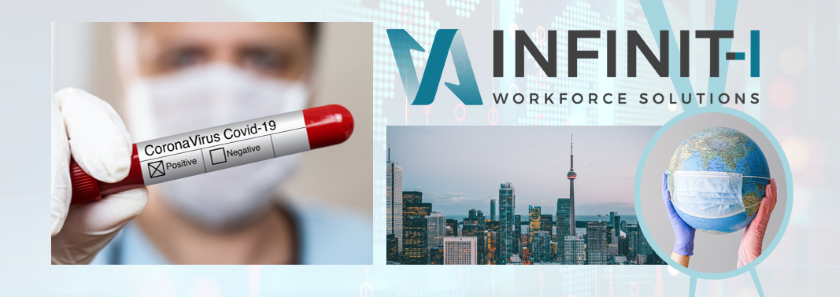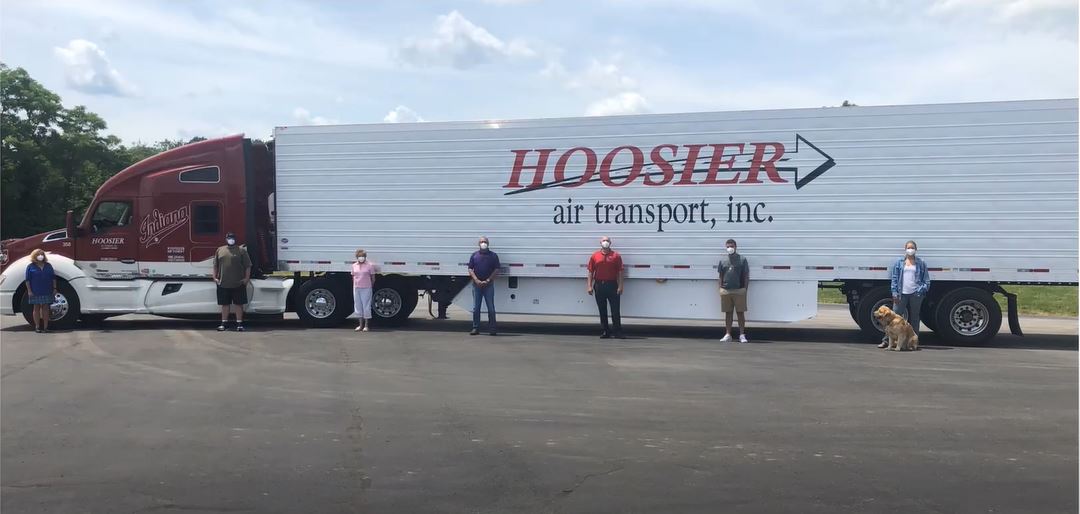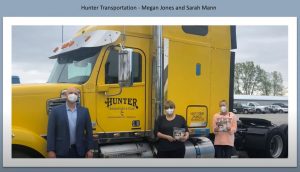The PMTC (Private Motor Truck Council) has worked to clarify ArriveCAN as it pertains to Trucking:
As you know, The Government of Canada has utilized various tools at its disposal to help limit the spread of COVID-19 across the border. Since the beginning of the COVID-19 pandemic, the CBSA has been working closely with the Public Health Agency of Canada (PHAC) and other federal partners along with provincial partners to ensure that the required measures to limit and reduce the spread of the virus into Canada were put into place. As the situation evolved, so did the CBSA posture. The Agency has continued to increase these measures on the advice of PHAC to help mitigate and contain the spread of the virus.
Submitting your information
Accordingly, as of February 21st, 2021 at 11:59:59 PM, it will be required for all travelers to submit their information electronically before or when entering Canada. Commercial transporters will continue to be able to submit the mandatory information before or when entering Canada. For travelers who have not submitted their information in advance, they will be asked to provide it on entry.
While it is not mandatory for the information to be submitted in advance of crossing the border at this time, the use of ArriveCAN for travelers to submit their information in advance of the border is strongly recommended. ArriveCAN is a secure and user-friendly tool to help travelers comply with Canada’s enhanced border measures. ArriveCAN is available as a free mobile app available for download from Google Play or the App Store or by signing in online via Canada.ca/ArriveCAN.
We understand that not all truck drivers will have access to the ArriveCan App at this point and so I would like to remind you that Travellers can either use the mobile App or sign in online on any personal computing device (e.g. tablet) to use the non-app version of ArriveCAN. https://www.canada.ca/en/public-health/services/diseases/coronavirus-disease-covid-19/arrivecan.html
If you don’t submit your information…
Moreover, rest assured that Canadian citizens, who don’t submit their information through ArriveCAN, will not be denied boarding or entry at the land border, but may:
- face additional delays at the border for public health questioning;
- be subject to enforcement action.
Foreign nationals essential workers such as commercial truck drivers will not be denied entry if they do not have their ArriveCAN submission as long as they meet the requirements under the Immigration and Refugee Protection Act.
Operational guidance has been provided to our front-line officers in this regard, as well.
As we have more information on the next steps, the Government of Canada will be sure to engage with the industry to allow for the appropriate measures are in place to allow for a seamless implementation, to the greatest extent possible.
Thank you and your members for your/their ongoing efforts throughout the pandemic.
For More Information
To receive further clarity, we just had a phone call with CBSA officials. Below are some tips and guidance.
- If a driver does not have a device capable of downloading the ArriveCan App, they can access the web version from any device that has internet capabilities and sign in that way. The link to both is above and here. https://www.canada.ca/en/public-health/services/diseases/coronavirus-disease-covid-19/arrivecan.html
- A driver may enter their information into the ArriveCan App before they begin their trip out of the country. As an example, they are leaving Winnipeg on Sunday to go to Laredo, Tx. The driver can log in to App, enter their travel information and other required information before they leave Windsor. The info entered is valid until they begin their next trip out of the Country.
- Although you are required to enter your travel information, contact info etc, as you are an essential worker, you will not be required to complete the quarantine portion of the ArriveCan App questionnaire.
- In conversations with CBSA, they have ensured us that operationally their directive remains the same, to help facilitate the industry towards compliance. They are not looking to begin laying fines right out of the gate, but instead educate our drivers and our industry towards compliance. That being said, officers do have the capability of laying fines as off Monday, so although unlikely, it is possible.
- As mentioned in the message above from CBSA, Canadian Drivers and foreign nationals will not, and cannot be refused entry into Canada.
- This ruling and requirement does affect all US Drivers/citizens who are entering Canada as well. US Drivers/citizens will need to download the ArriveCan App, or use the Web version, prior to entering Canada, the same as a Canadian Truck Driver. The one exception is, if the driver is a US Citizen, they can be denied entry into Canada for not complying with the act.
Read More from Infinit-I
55 THINGS WE LEARNED FROM AN EXPERT INSURANCE UNDERWRITER
INFINIT-I UPGRADES: NEW GEN PLATFORM I3 AND PARTNERSHIP INTEGRATION WITH DRIVERREACH













 Truckers do a tough job, and many times, they don’t even receive recognition for it. They stay on the road sometimes for weeks or even months at a time away from family. Truckers work for up to 11 hours per day, day in and day out. This takes its toll, and we have to recognize the sacrifice that truckers make every day helping to keep the American economy in blossom. We have to salute those on the frontlines because, without them, our way of life would change greatly.
Truckers do a tough job, and many times, they don’t even receive recognition for it. They stay on the road sometimes for weeks or even months at a time away from family. Truckers work for up to 11 hours per day, day in and day out. This takes its toll, and we have to recognize the sacrifice that truckers make every day helping to keep the American economy in blossom. We have to salute those on the frontlines because, without them, our way of life would change greatly.










































